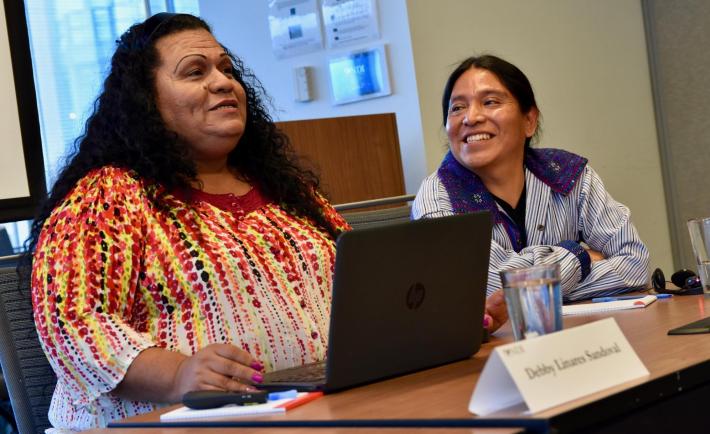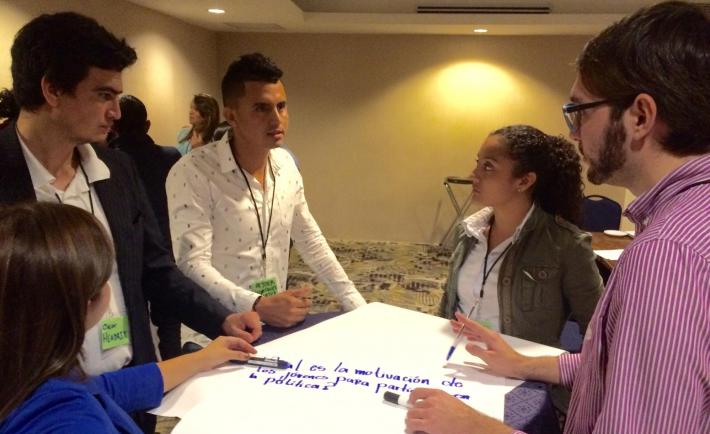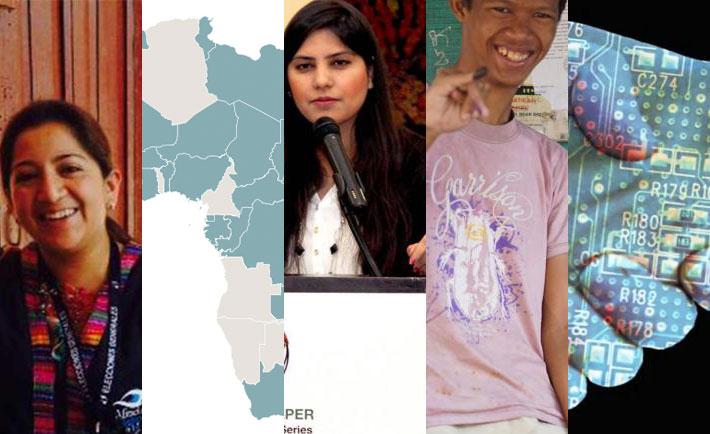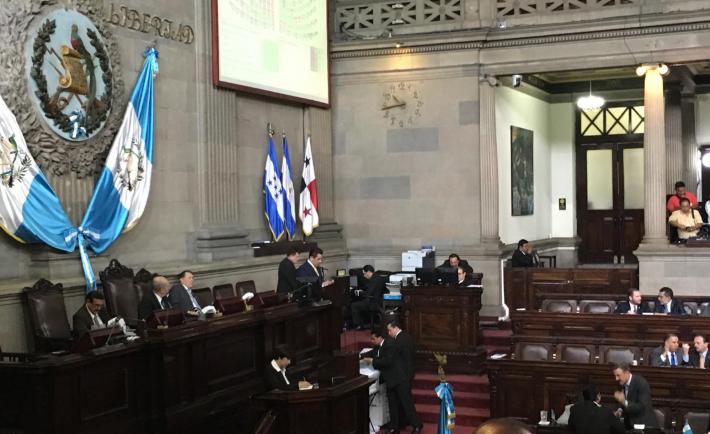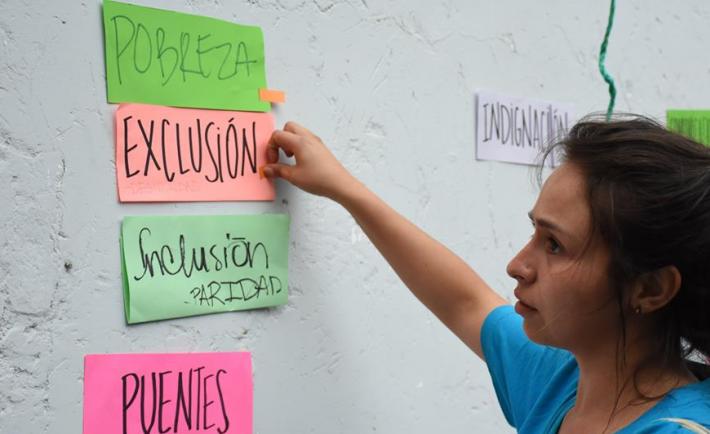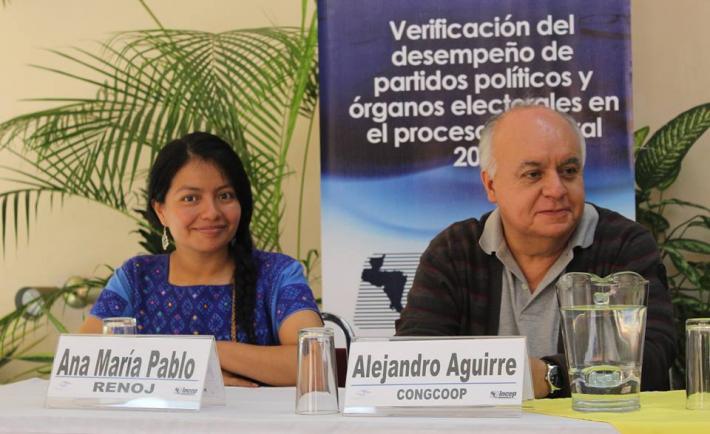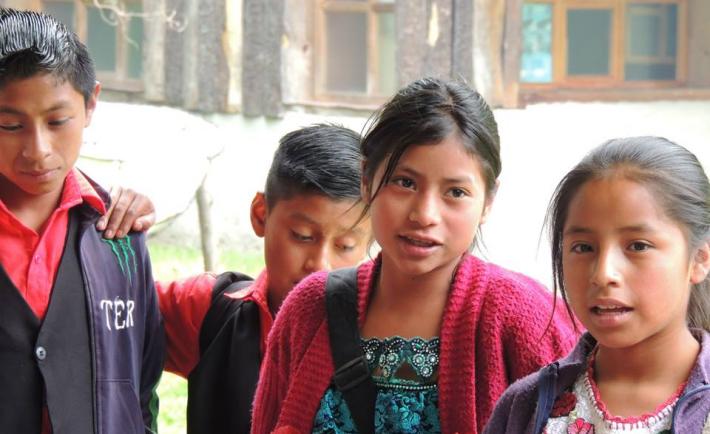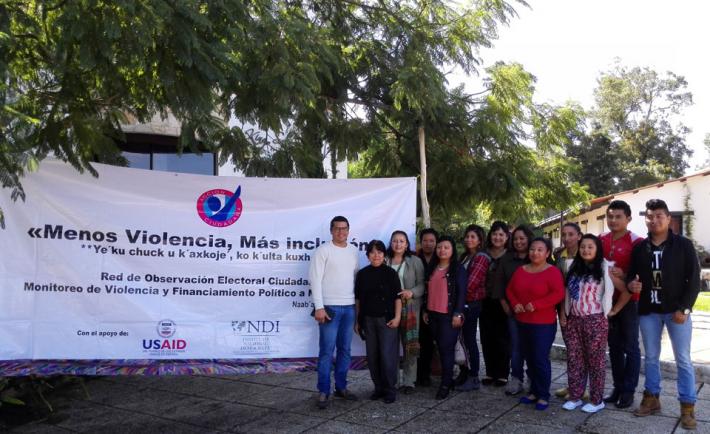
DemGames for Debates was developed in partnership with NDI’s Citizen Participation, and Latin America and Caribbean teams.
As the Technology Innovation team at NDI, we are always looking for new approaches to build intuitive platforms that make an impact for our partners in their particular context. One of our recent pilot projects – DemGames – offers partner organizations an opportunity to engage youth on civic and voter education issues through an interactive learning platform. Last April, as we began to think of the many ways a gaming platform could contribute to a youth debates program in Guatemala, we decided to run a three-day design sprint, adapting a human-centered design approach, to develop a prototype we could begin to test. Here are some of the lessons we have learned.

